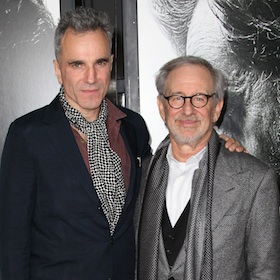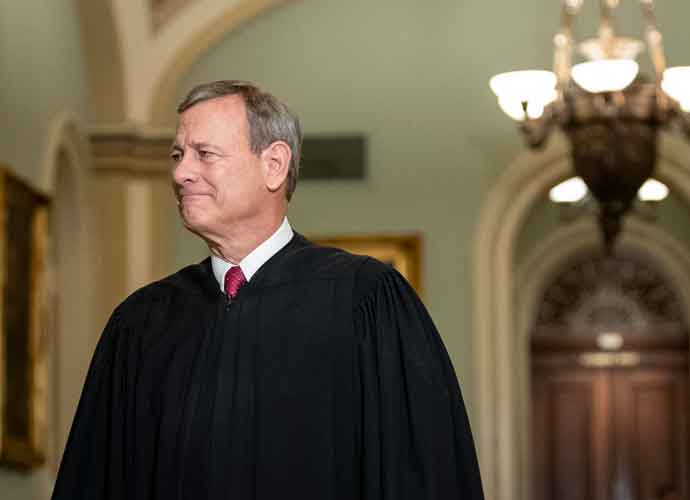'Lincoln': Oscar-Nomination Rich, Despite Missing Facts
Steven Spielberg's Lincoln was a success with the Oscar voting committee nabbing 12 nominations—yet reviews from historians are markedly mixed.
The film, which takes place during Abraham Lincoln's final months in office, focuses on the passage of the 13th Amendment. Starring Daniel Day Lewis, it tells an impassioned tale of the 16th president's efforts to bring about the end of slavery in the United States during the Civil War.
While generally regarded even by the strictest devotees to historical fact as quality cinema, Lincoln is thought to present an "incomplete picture" to historians such as Eric Foner.
Foner, author of The Fiery Trial—Abraham Lincoln and American Slavery, told CNN that the film "gives Lincoln a greater role in ending slavery" than is his due. He goes on to say, "It's not about being wrong, but inadequate."
Other historians have offered more gracious support for Lincoln. "Accurate? No. But excellent anyway? Absolutely. In other words, don't go to this movie (or any historical movie) to learn the facts," said college professor Matthew Pinsker. "Go to imagine the experience and to enjoy the illusion that a great filmmaker can create."
The main issue taken with Lincoln's historical accuracy lies in its depiction of the president’s magnanimity. While it’s true that Lincoln voiced his opposition to slavery as early as the 1840s, he also spoke openly about his beliefs that the white race was superior to the black race.
Furthermore, the focus on Lincoln and his fight for the freedom of the slaves might whitewash the reality that blacks played a large part in the fight as well. “There’s a perception that good old Lincoln an a few others gave freedom to black people. The real story is that black people wrestled their freedom away,” said historian Erica Armstrong Dunbar in an interview featured in the upcoming film The Abolitionists, according to CNN.
Even Spielberg himself admits that his film is not historical fact, but fiction. Although he and screenplay writer Tony Kushner worked hard to get as historically accurate as possible, they were making a dramatic movie, not a documentary. “Even if this [Lincoln] is merely an illusion or testament to the enduring force of his legacy,” conceded Spielberg in a speech. “He’s come to be feel like one of my oldest, one of my dearest friends.”
The aforementioned speech was given on Dedication Day in November of last year, commemorating the 149th anniversary of the Gettysburg Address.
Watch the rest of the clip of Spielberg speaking at Gettysberg below:
Get the most-revealing celebrity conversations with the uInterview podcast!








Leave a comment